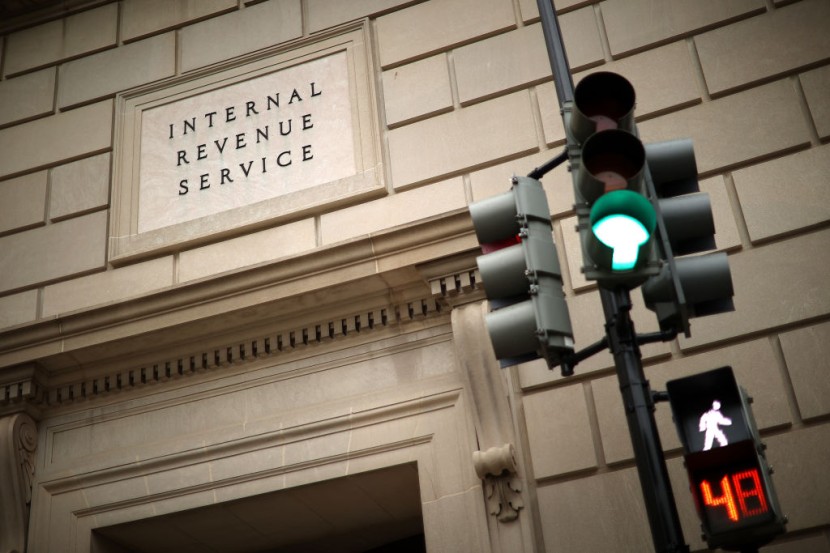
About 1.1 million stimulus checks totaling more than $2 billion are on their way. The Internal Revenue Service (IRS) announced the delivery of the eighth batch of the third round of stimulus payments on Wednesday, which are intended to help Americans shore up their finances amid the COVID-19 pandemic.
IRS sends 8th batch of stimulus checks
For the third round, the overall cost is $1,400 per individual and $2,800 for a couple. After the sending of stimulus checks began on March 12, the US government has disbursed about 164 million payments totaling $386 billion. The most recent round began processing on Friday and has a pay date of May 5. More than half of the Americans whose contributions are included in this round will collect direct deposits, while the remainder will receive paper checks.
The IRS and the Treasury Department said that more than 585,000 payments worth more than $1.2 billion were sent to eligible individuals whom the IRS previously lacked information to issue an Economic Impact Payment but had recently filed a tax return.
More than 570,000 Americans will collect "plus-up payments," which are catch-up benefits for Americans who did not receive earlier stimulus checks due to their income level on their 2019 tax return. After they filed a 2020 tax return, the government disbursed their funds, demonstrating that their wages had fallen below the eligibility threshold, as per USA Today.
IRS Get My Payment Tool
The payments are made weekly by the IRS. Using the "Get My Payment" tool, you can check the following stimulus payment status. The tool updates once a day, usually overnight, according to the IRS, and people should not contact the agency.
Economic Impact Payments are dependent on a taxpayer's most recent processed tax return from either 2020 or 2019. This covers those who filed a remarkable streamlined tax return or used the IRS non-filers tool last year. According to the IRS, Social Security and other federal recipients will collect this third payment in the same method as their regular benefits.
Why did you still not receive a stimulus check?
After the outbreak of the COVID-19 pandemic, the US government has sent billions of dollars in stimulus checks to Americans. "Where is my money?" some people may still wonder.
If you believe you have been left out in the cold, there is a way to get your missing funds. If you already owe the $1,400 stimulus payment, filing a return this tax season will help. It will also assist you in resolving the case if more of the first two checks for up to $1,200 or $600 are missing.
This year's federal tax filing date has been pushed back to May 17. If you meet the deadline, you can also report some unclaimed stimulus funds by filing a claim by the October 15 tax-filing extension deadline, said an IRS spokesperson.
There are, however, benefits of applying sooner. For one thing, the sooner you apply for some unclaimed stimulus payments, the sooner you can collect them. It is important to note that even though you are due a stimulus check, you will owe taxes over that amount.
Per CNBC, you can only have extra days to file your taxes if you want a tax-filing extension, not to pay any money you owe. For any amount you owe the IRS, interest, and penalties can accrue.
It's possible that certain people are still waiting for their stimulus check. If that's the case, bear in mind that the agency follows a daily payout plan, sending out money in weekly batches. According to CNET, the third stimulus check can not be everything you get from the IRS.








